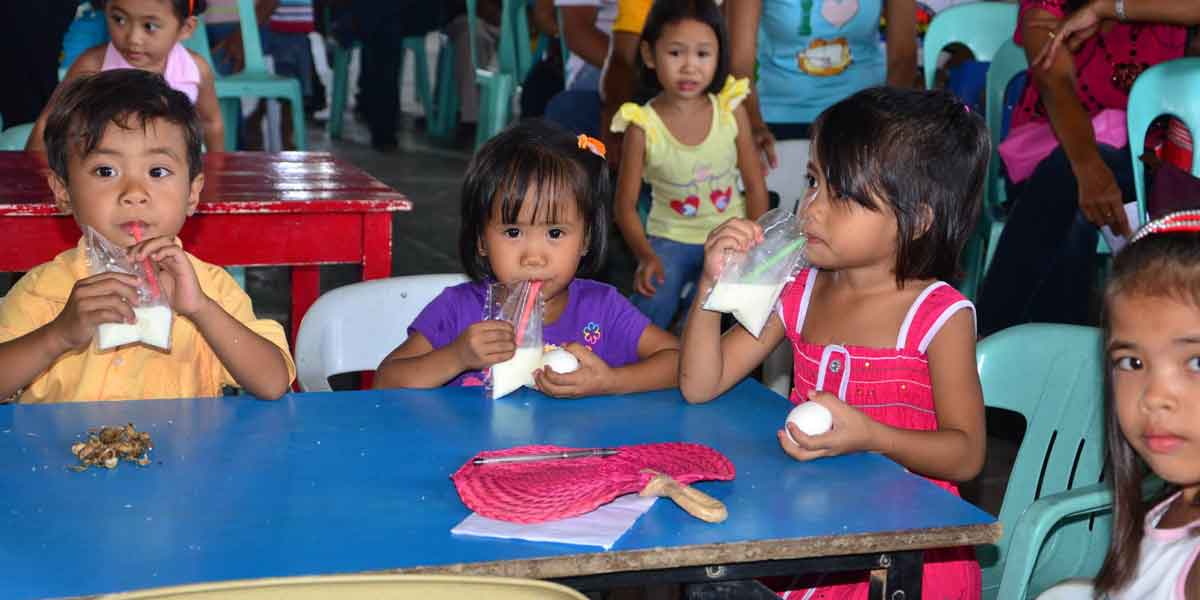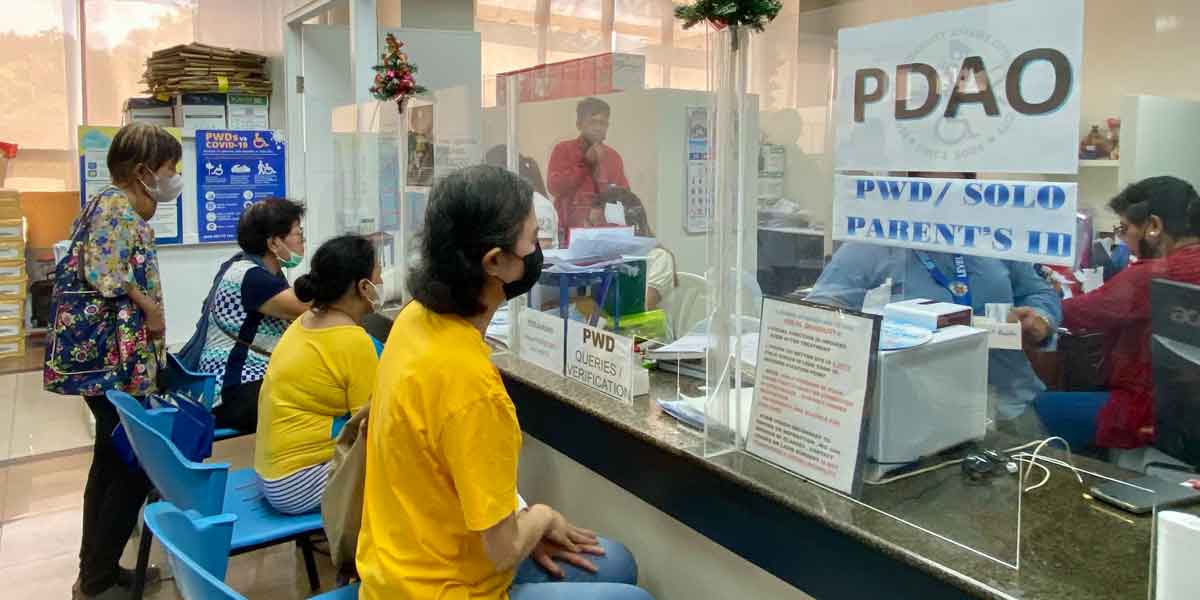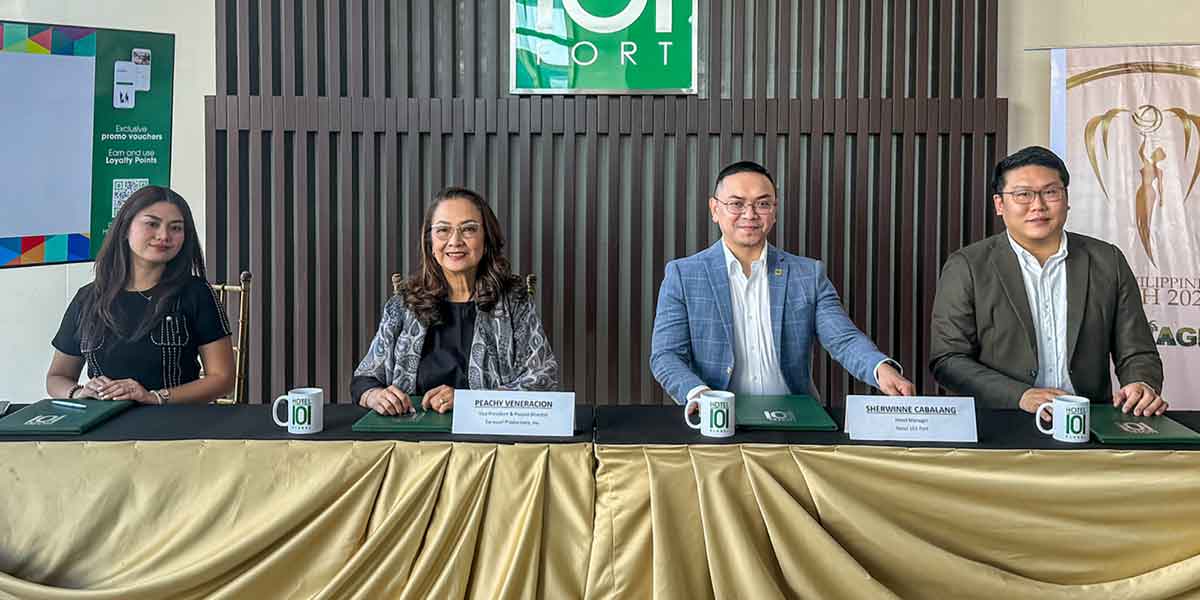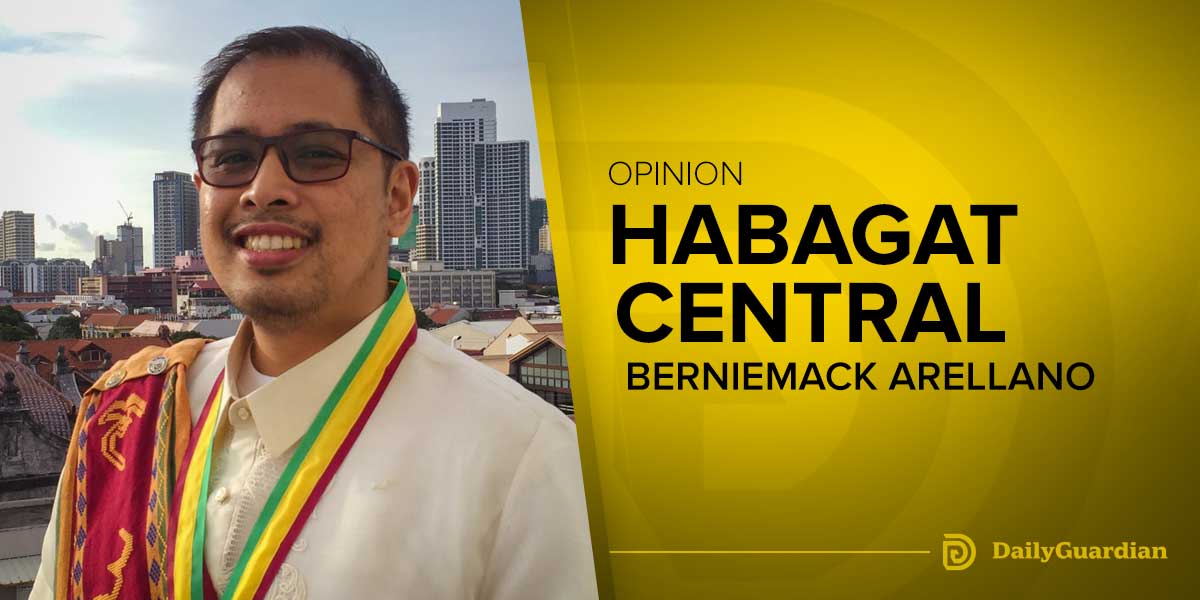By Art Jimenez
September 1. Senate committee recommended filing of criminal charges vs health execs
The Senate Committee of the Whole recommended the filing of criminal charges against resigned PhilHealth President and CEO Ricardo Morales, Health Secretary Francisco Duque, with administrative charges versus six other top PhilHealth officials. The charges include graft, malversation of public funds, and gross misconduct and neglect that cost Philhealth over PHP154-billion in losses since 2003.
The DOJ will file the cases at the Ombudsman. No updates are available to date.
September 1. Ombudsman memo limits access to SALNs
In Memo Circular No. 1, the Ombudsman limited the release of government employee’s/official’s Statement of Assets, Liabilities, and Net Worth (SALN) only for official probes, by court order, or upon authority from the concerned public servants themselves.
On September 15, the Supreme Court denied the Solicitor General and private lawyer Lorenzo Gadon’s request for the 1990-2011 SALNs of SC Justice Marvic Leonen for a possible quo warranto petition, that earlier ousted SC Chief Justice Ma. Lourdes Sereno.
September 3. DENR turns Manila Bay Beach into white sand
The Department of Environment and Natural Resources started dumping dolomite (powdery white sand) from a Cebu quarry to rehab and beautify the bay beach. Costing almost PHP400-million, the project became the butt of joke and scorn from various sectors that asserted it threatened marine life and that the same amount could have been used for better purposes.
As of the last raging storms, parts of the white sand had turned gray. The DENR claimed the white sand was not washed away but only covered by grayish sand, stones, and others materials.
September 7. Absolute pardon granted US Marine NCO Joseph Scott Pemberton
After almost six years in solitary confinement in prison cell at Camp Aguinaldo, US Marine Lance Corporal Pemberton walked free and was deported back to the US September 13. He was convicted for the murder of a transgender woman Jennifer Laude in 2014.
President Duterte granted him absolute pardon amidst appeals from the Laude family and the Department of Justice’s own recommendation against his early release.
September 11. Bayanihan 2 signed into law
President Duterte signed into law Bayanihan to Recover as One Act (R.A. 11494) that extends a COVID-19 relief package amounting to PHP165.5-billion. This augments the March 25 law Bayanihan to Heal as One (R.A. 11469), which had a relief budget of PHP275-billion.
September 16. PECO No More
The Supreme Court has decided in favor of MORE Electric and Power Corp. (MORE) regarding its battle against Panay Electric Company (PECO) for the sole right to distribute power in Iloilo City. The en banc (i.e., full Supreme Court) voted 8-6 in declaring as constitutional Sections 10 and 17 of MORE’S franchise. This effectively reversed the 2019 judgment of Branch 209 of the Mandaluyong Regional Trial Court (RTC) that the same provisions were invalid.
September 28. Pope Frances appoints Archbishop Brown apostolic nuncio to the Phl
Pope Francis has named Archbishop Charles John Brown KC*HS as his papal representative in the Philippines. Brown is an American priest who has been a papal nuncio (or ambassador) since 2012. KC*HS stands for the Knights of the Holy Sepulchre. Prior to his present post, Brown was apostolic nuncio to Albania (2017-2020).
He arrived in Manila on November 29 and presented his credentials to President Duterte in formal rites in Malacañan on December 14. On December 18, he celebrated his first Mass, a Misa de Gallo, at the St. Anthony of Padua Parish in Malate, Manila.
The papal nuncio was born on October 13, 1959 in New York. He was ordained on May 13, 1989 and consecrated on January 6, 2012. He has a doctorate in Sacred Theology (STD) from the Pontifical University of St. Anselmo in Rome.
As a practice among foreign ambassadors in the Philippines, a catholic country, the papal nuncio is also the Dean of the Diplomatic Corps.
October 5. DepEd opens 2020-21 School Year
Classes in public schools have officially opened a few months later than the usual schedule due to the COVID-19 pandemic. Department of Education Secretary Leonor M. Briones said the school calendar now begins and ends on October 5, 2020 and June 11, 2021.
Adaptations to the pandemic are five “learning delivery modalities” from which schools could choose one or in combination depending on the COVID-19 restrictions and the particular situation of the learners in a school or its location. One is the normal “face-to-face” learning mode where students and teachers are both in the classroom; feasible only in low-risk areas.
Two is “modular distance” learning that involves individualized instruction through the use of printed or digital (or electronic) self-learning modules. The latter may be accessed through a PC, tablet, smart phone, disc, and USB. Three is “online distance” learning, meaning the use of internet with the teacher as the learning facilitator. Problem is internet signal and/or speed is problematic in remote, hilly, or mountainous areas.
Four is “blended learning,” which combines face-to-face with any online distance learning modes. And five is “homeschooling” where the student stays and studies at home with guidance from qualified parents, guardians or tutors who have undergone previous DepEd training.
October 12-13. Velasco is new House Speaker
Allan Jay Velasco was elected Speaker by 186 majority House of Representatives members that effectively replaced incumbent Alan Peter Cayetano. The latter declared said election “illegal” claiming he was the legitimate House leader. He, however, relented the next day and resigned as Speaker after the congressmen formally elected and sworn in Velasco as their new Speaker.
October 12. PSA Targets 10 Million to Pre-register for National ID System
The Philippine Statistics Authority has begun its pre-registration phase for the national ID system with a target of 9 million. This was exceeded by 4 million by December 14. Consequently, the pre-registration target was raised to 11 million people in 32 provinces by year-end.
The provinces are Ilocos Sur, La Union, Pangasinan, Cagayan, Isabela, Bataan, Bulacan, Nueva Ecija, Pampanga, Tarlac, Zambales, Batangas, Cavite, Laguna, Quezon, Rizal. And Albay, Camarines Sur, Masbate, Antique, Capiz, Iloilo, Negros Occidental, Bohol, Cebu, Negros Oriental, Davao de Oro, Davao del Norte, Davao del Sur, Davao Occidental, Leyte, and Tawi-tawi.
October 28-November 3. Typhoon Rolly hits, devastates Philippines
Two super typhoons hit the Philippines almost one after the other in November. First was Typhoon Rolly (international name Typhoon Goni), which made a landfall of Category 5 typhoon on Catanduanes province in Bicol region. Its first salvo also hit three provinces: Tiwi, Albay, San Narciso. Quezon; and Lobo, Batangas. Goni originated as a tropical depression south of Guam on October 26 and accelerated as a super typhoon as it moved toward the Philippine Sea the next day.
Rolly brought severe flash floods to Legazpi City and power cutoffs in the rest of Bicol and all over the Cagayan Valley provinces up north.
Reports said Typhoon Rolly affected no less than 1.2 million people in eight regions, caused 32 deaths and property damage worth an estimated US$415-million. It uprooted some 135,259 from their damaged homes and temporarily sheltered them in evacuation centers.
It exited the Philippine Area of Responsibility (PAR) as a tropical cyclone on the evening of November 3. From the Philippines, it also wrought some destruction to our ASEAN partners Vietnam, Cambodia, and Laos.
November 11. Typhoon Ulysses damages country
Just as the typhoon Rolly victims were picking up their lives and trying to recover from their personal and economic losses, entered another typhoon of Category-4 strength on November 11.
Vamco originated as a tropical depression in the Palau area where it continued to make landfall in Quezon province on November 11. Ulysses brought heavy rains and caused river overflows and severe flooding in Marikina. It continued to the rest of NCR and up to Central Luzon forcing the dams there to open at least seven gates to release huge amounts of water -lest the dams break- that exacerbated rain-caused flooding downstream. Worst affected the provinces of Cagayan and Isabela from the overflow of the Cagayan River.
Eventually the rains eased and the typhoon made its way to Vietnam by November 15.
The National Disaster Risk Reduction and Management Council (NDRMC) reported that Ulysses caused death to 101 persons and 10 missing. Estimates of physical damage amounted to PHP20.3-billion (US$421.6-million).
December 4. Digital Banking, a New Bank Classification
The Bangko Sentral ng Pilipinas recently released the guidelines for financial institution that may wish to organize a digital banking facility and apply for its license. The guidelines are contained in BSP’s Circular 1105, according to central bank Governor Benjamin Diokno.
The Monetary Board has approved “digital bank” as a distinct banking classification with its own set of operating guidelines as early as November 26 this year.
Said Diokno: “A new banking organization must have suitable/fit shareholders, including the ultimate beneficial owners (UBOs); adequate financial strength, a legal structure in line with its operational structure, a board of directors and senior management with sufficient expertise and integrity to operate the bank in a safe and sound manner.”
He also said the minimum capitalization of digital banks shall be PHP1-billion.
December 22. DoF extends tax relief deadlines
The Department of Finance extended up to June 30, 2021 the deadlines for its Tax Amnesty on Delinquencies (TAB) and Voluntary Assessment and Payment Program (VAPP). The agency issued the corresponding Revenue Regulations for the information and convenience of taxpayers. These were issued under Republic Act 11494 or the Bayanihan to Recover as One Act, which allowed the extension of tax payment deadlines to ease taxpayer burden already saddled by the COVID-19 pandemic.
The Bureau of Internal Revenue (BIR), an attached agency of the Finance Department issued another set of Regulations pursuant to Republic Act 11213 or the Tax Amnesty Law. The law allows delinquent taxpayers to settle their tax liabilities incurred in 2017 and prior years.
December 31. Iloilo City back to MGCQ
President Duterte took back his earlier pronouncement retaining Ilolo City and other provinces and cities under GCQ and declared that our city shall graduate to the less strict MGCQ for January 2021.
Bring in your new calendar! Happy New Year and Happy New Normal!
-30-



















